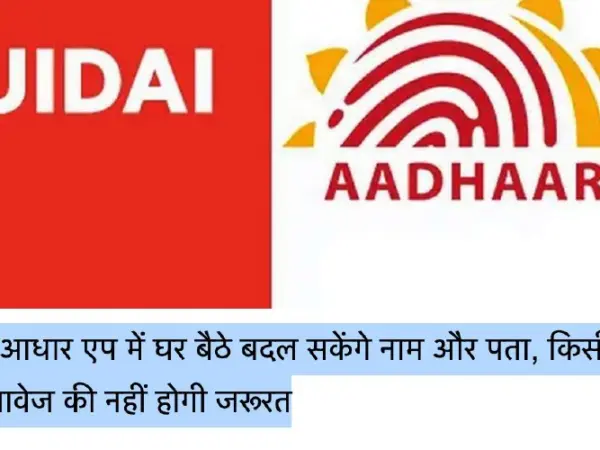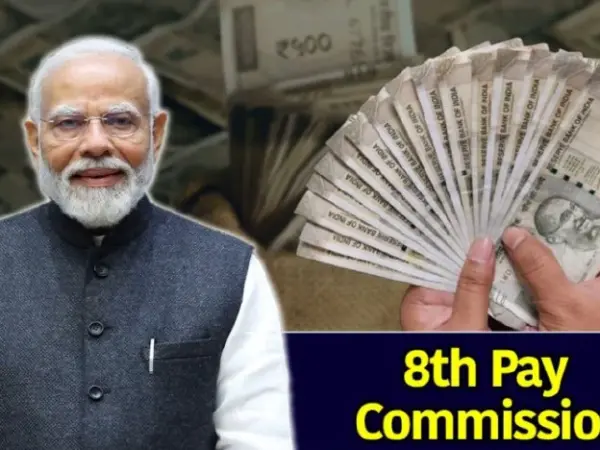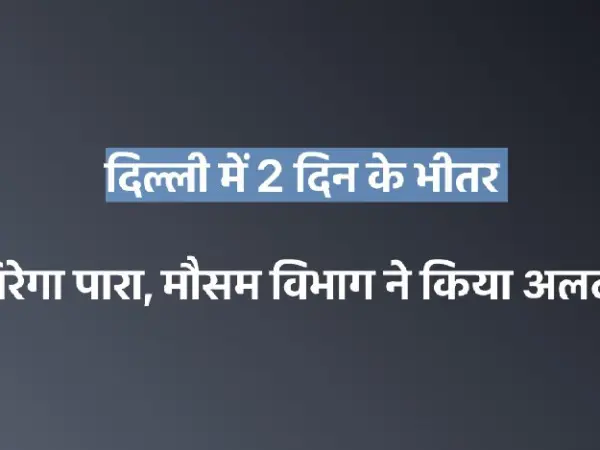Senior Advocate Vijay Hansaria recommends permanent disqualification of convicted MPs/MLAs
Senior Advocate Vijay Hansaria, the amicus curiae appointed by the Supreme Court in the matter relating to criminal cases against elected representatives (MPs/MLAs), has submitted his 19th report. In the report, he suggests that limiting the period of disqualification to contest elections after conviction to 6 years is manifestly arbitrary and violative of Article 14 of the Constitution. Instead, Hansaria proposes permanent disqualification for such convicts.
Position of Law Makers described as ‘sacrosanct’
Hansaria describes the position occupied by Law Makers to be ‘sacrosanct’. He suggests that once MPs/MLAs are found guilty of an offence involving moral turpitude, they should be permanently disqualified from holding office.
Supreme Court monitoring expeditious disposal of criminal cases against MPs/MLAs
The Supreme Court has been monitoring the expeditious disposal of criminal cases against MPs and MLAs since 2016 in a PIL filed by Ashwini Kumar Upadhyay.
Challenge to Constitutional validity of Section 8 of Representation of the People Act, 1951
Ashwini Kumar Upadhyay’s writ petition challenges the constitutional validity of Section 8 of the Representation of the People Act, 1951. This section restricts the period of disqualification to contest elections “for a period of six years since his release.” The petition seeks lifetime debarment in cases of conviction.
Statutory authorities provide for permanent disqualification
Hansaria highlights that various legislations, including the Central Vigilance Commission Act, 2003, and Lokpal and Lokayuktas Act, 2013, provide for permanent disqualification and/or removal from holding statutory office for individuals convicted of an offence involving moral turpitude. He argues that it is arbitrary for convicted individuals to occupy supreme legislative bodies after a certain period of conviction.
Concerns raised about criminalisation of politics
Hansaria lists several committee reports and Supreme Court judgments that have raised concerns about the criminalisation of politics and its impact on the country’s democratic functioning.
Two main issues to be considered by the Court
The Court is set to consider two main issues in the writ petition filed by Ashwini Kumar Upadhyay. These issues include the expeditious disposal of criminal cases against elected representatives and the constitutional validity of Section 8 of the Representation of the People Act, 1951. Hansaria suggests a set of directions to be issued to subordinate courts for ensuring speedy disposal of such cases.
Advocate-on-Record Sneha Kalita assisted Hansaria in drafting the report.
A bench led by Chief Justice Chandrachud is scheduled to hear the matter on 15th September.
Case Title: Ashwini Kumar Upadhyay vs. Union of India, Writ Petition (C) No. 699 of 2016
News Summary:
- Senior Advocate Vijay Hansaria, the amicus curiae appointed by the Supreme Court, recommends permanent disqualification of convicted MPs/MLAs instead of a 6-year ban.
- Hansaria argues that the position of Law Makers is ‘sacrosanct’ and suggests that MPs/MLAs found guilty of an offence involving moral turpitude should be permanently disqualified from holding office.
- The Supreme Court has been monitoring the expeditious disposal of criminal cases against MPs and MLAs since 2016 in a PIL filed by Ashwini Kumar Upadhyay.
- Ashwini Kumar Upadhyay’s writ petition challenges the constitutional validity of Section 8 of the Representation of the People Act, 1951, which restricts the period of disqualification to contest elections to 6 years since release.
- Hansaria highlights that various legislations provide for permanent disqualification and/or removal from holding statutory office for individuals convicted of an offence involving moral turpitude.
- Committee reports and Supreme Court judgments have raised concerns about the criminalisation of politics and its impact on the country’s democratic functioning.
- The Court is set to consider the expeditious disposal of criminal cases against elected representatives and the constitutional validity of Section 8 of the Representation of the People Act, 1951.
- A bench led by Chief Justice Chandrachud is scheduled to hear the matter on 15th September.
Follow DelhiBreakings on Google News
Superfast News Coverage by DelhiBreakings.com team.
For Superfast national news and Delhi Breaking Stories visit us daily at https://www.delhibreakings.com





